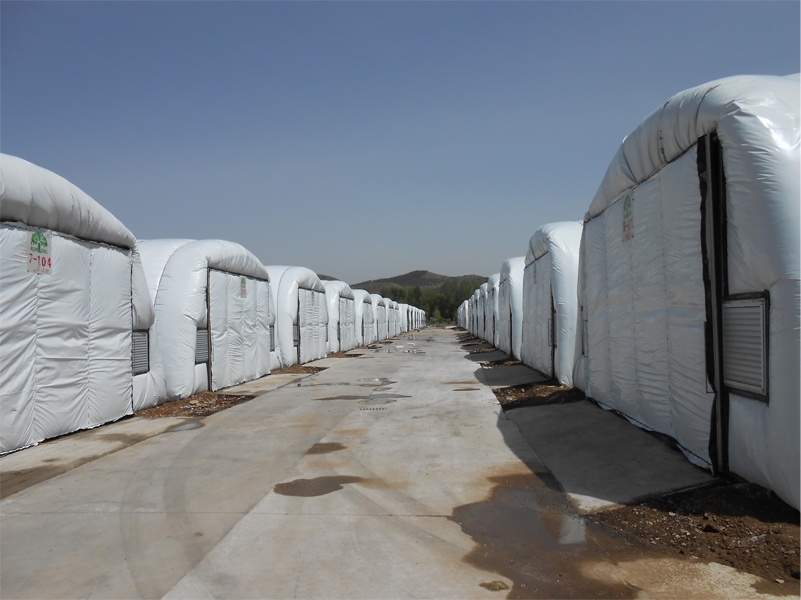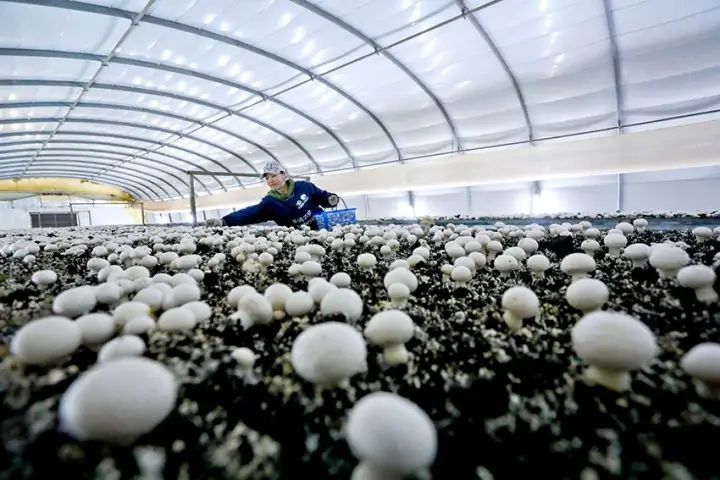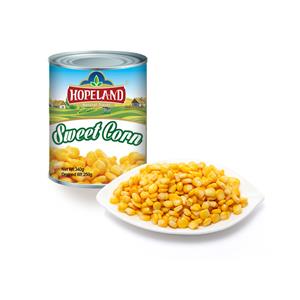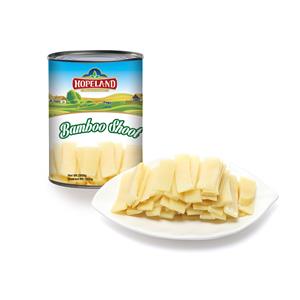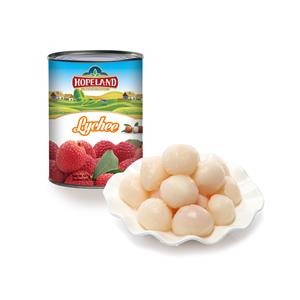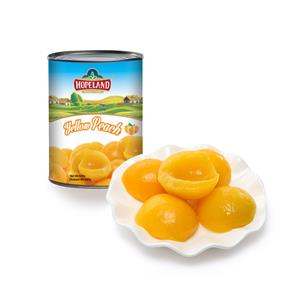Exploring the Core of Sustainable Mushroom Cultivation
In recent years, the global push for sustainability has profoundly influenced the agricultural industry, driving many farmers and producers to explore methods that not only meet growing food demands but also reduce environmental footprints. One area that has seen significant advancements is mushroom cultivation, a process that is both resource-efficient and environmentally friendly. At the heart of this transformation lies the adoption of sustainable farming practices, and in our greenhouse, every mushroom destined for our cans thrives under meticulous care, benefiting from an environment of controlled temperature and humidity. This approach is not just a commitment to quality; it is a testament to our dedication to sustainable agriculture and the long-term health of the planet.
The Evolution of Sustainable Mushroom Farming
Mushrooms are a unique form of agriculture. Unlike traditional crops that rely heavily on soil and sunlight, mushrooms are grown in controlled environments where temperature, humidity, and ventilation play pivotal roles in their growth cycle. Historically, mushroom farming was not always considered sustainable. Conventional mushroom cultivation practices often involved the use of pesticides, synthetic fertilizers, and inefficient resource management. However, as awareness of the environmental impact of farming practices has grown, the industry has shifted toward more sustainable and eco-friendly practices.
One of the key factors in the transition to sustainable mushroom farming is the adoption of greenhouses and controlled environments. By creating an optimal setting for mushroom growth, farmers can significantly reduce water usage, prevent soil degradation, and decrease the need for chemical inputs. The greenhouse environment provides mushrooms with the stability they need to grow consistently, which not only ensures higher yields but also minimizes resource waste.
The Role of the Greenhouse in Sustainable Mushroom Cultivation
In our greenhouse, every mushroom is grown with a focus on sustainability. The controlled conditions inside the greenhouse—maintaining a constant temperature and humidity level—ensure that the mushrooms thrive without the use of pesticides or herbicides. This reduces the need for chemical interventions, which can harm local ecosystems and reduce the sustainability of farming in the long term.
Temperature control is one of the most important aspects of mushroom cultivation. Mushrooms require a steady, moderate temperature to grow optimally. In a greenhouse setting, it is easier to regulate the temperature compared to traditional open-air farming. By maintaining a consistent climate, we can minimize the risk of crop failure due to extreme weather events such as heatwaves or frosts. This method of temperature regulation also reduces the overall energy consumption that might otherwise be required to power heating or cooling systems in less controlled environments.
Humidity control is equally important. Mushrooms are fungi, and like all fungi, they thrive in moist environments. However, too much moisture can lead to the development of mold and other diseases, while too little moisture can stunt their growth. Greenhouses provide the ideal environment for precise humidity control, ensuring that the mushrooms receive the right amount of moisture throughout their growth cycle. This not only leads to healthier mushrooms but also conserves water—another critical resource in sustainable farming.
Sustainable Practices Beyond the Greenhouse
Sustainable mushroom farming goes beyond the greenhouse. Once mushrooms are harvested, their journey continues with sustainable packaging and transportation practices. At our farm, we prioritize the use of eco-friendly packaging materials that reduce waste and improve the recyclability of our products. We also use energy-efficient transportation methods to ensure that our mushrooms reach consumers with the least environmental impact.
Moreover, sustainable farming practices are embedded in every step of our operation. From the organic substrates used to cultivate the mushrooms to the recycling of waste materials, we strive to minimize our ecological footprint. For instance, the spent mushroom compost—a byproduct of mushroom cultivation—is not discarded. Instead, it is repurposed as a valuable organic fertilizer, which can be used to enrich the soil on local farms, further contributing to sustainable agriculture.
Another significant aspect of sustainable mushroom farming is the reduction of food waste. Mushrooms are perishable, but by canning them, we extend their shelf life significantly. Canning mushrooms not only helps reduce waste but also makes them available to consumers year-round, providing a reliable and nutritious food source without relying on seasonal harvests. This is especially important in a world where food security is a growing concern.
Exploring the Core of Sustainable Mushroom Cultivation
In the heart of our operations lies a commitment to sustainability, quality, and innovation. At our state-of-the-art GREENHOUSE, every mushroom destined for our cans is nurtured under meticulous care, thriving in an environment where temperature and humidity are precisely controlled. This approach is more than just a method—it’s a reflection of our dedication to sustainable agriculture and our promise to deliver the finest products to our customers.
The Greenhouse Advantage: Precision and Care
Our greenhouse is designed to create the ideal conditions for mushroom growth. By maintaining constant temperature and humidity levels, we provide a stable environment that allows mushrooms to flourish naturally. This precision not only enhances the quality and flavor of our mushrooms but also reduces the need for chemical interventions, aligning with our commitment to sustainable farming.
Optimal Growing Conditions: The controlled environment ensures that mushrooms grow at their best, free from the unpredictability of outdoor weather.
Resource Efficiency: By using advanced irrigation and climate control systems, we minimize water and energy consumption, making the process more eco-friendly.
Year-Round Production: Unlike traditional farming, greenhouse cultivation allows us to produce mushrooms consistently throughout the year, ensuring a steady supply for our customers.
Sustainability at the Core
Sustainability is not just a buzzword for us—it’s a guiding principle that shapes every aspect of our operations. From cultivation to packaging, we strive to reduce our environmental impact while maintaining the highest quality standards.
Eco-Friendly Practices: Our greenhouse utilizes renewable energy sources and energy-efficient technologies to reduce carbon emissions.
Waste Reduction: We implement zero-waste initiatives, such as composting mushroom byproducts and recycling materials, to minimize landfill contributions.
Biodiversity Preservation: By growing mushrooms indoors, we reduce the need for land clearing, helping to protect natural ecosystems and promote biodiversity.
Quality You Can Trust
When you open a can of our mushrooms, you’re not just getting a product—you’re experiencing the result of years of expertise, innovation, and care. Our commitment to quality is evident in every step of the process:
Handpicked Selection: Each mushroom is carefully inspected and handpicked to ensure only the best make it into our cans.
Natural Flavor: Our cultivation methods preserve the natural taste and texture of mushrooms, making them a delicious and versatile ingredient for any dish.
Nutritional Value: Mushrooms are a powerhouse of nutrients, including vitamins, minerals, and antioxidants, and our methods ensure these benefits are retained.
The Future of Sustainable Mushroom Cultivation
As the demand for sustainable food options continues to grow, we are committed to leading the way in innovative and eco-friendly mushroom cultivation. Our greenhouse is just the beginning—we are constantly exploring new technologies and practices to further reduce our environmental impact and improve the quality of our products.
Research and Development: We invest in cutting-edge research to develop new strains of mushrooms that are more resilient, nutritious, and flavorful.
Community Engagement: We work closely with local communities to promote sustainable agriculture and provide education on the benefits of mushroom cultivation.
Global Impact: By sharing our knowledge and practices, we aim to inspire other producers to adopt sustainable methods, creating a ripple effect that benefits the planet.
Why Choose Our Mushrooms?
When you choose our canned mushrooms, you’re not just making a choice for quality—you’re supporting a movement toward a more sustainable future. Here’s why our mushrooms stand out:
1. Sustainability: Our greenhouse cultivation reduces environmental impact while delivering top-quality products.
2. Flavor and Nutrition: Our methods preserve the natural taste and health benefits of mushrooms.
3. Consistency: Year-round production ensures a reliable supply of fresh, delicious mushrooms.
4. Transparency: We are committed to ethical practices and open communication with our customers.
Join Us on the Journey
Sustainable mushroom cultivation is more than just a process—it’s a passion. At our greenhouse, we are proud to combine tradition with innovation, creating products that are good for you and the planet. We invite you to explore the world of sustainable mushrooms and discover the difference that care, quality, and commitment can make.
Next time you reach for a can of mushrooms, remember the journey they’ve taken—from our greenhouse to your table. Together, we can cultivate a healthier, more sustainable future, one mushroom at a time.

